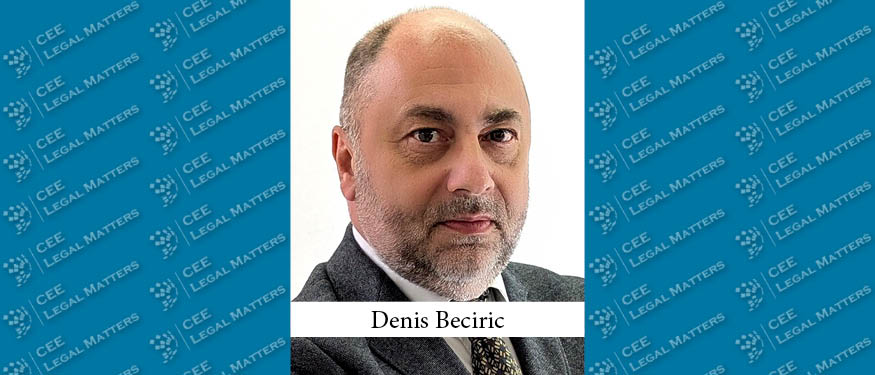The real estate market in Greece has risen the most in the last years, creating attractive incentives for institutional investors, who are constantly seeking optimal investment structures to implement their large-scale real estate projects. A highly popular investment vehicle among seasoned real estate players has been the Real Estate Investment Company (REIC), which promises investors financial benefits and a more stable and favorable tax regime.
REICs, known as real estate investment trusts (REITs) in other countries, are investment vehicles used in large-scale real estate investment and were introduced in Greece by L.2778/1999. REICs are authorized and supervised by the Hellenic Capital Market Commission (HCMC). A REIC is formed as a Societe Anonyme to invest through acquisition and manage real estate assets and must operate under specific rules and regulations applicable to REICs, including L.4548/2018 on Societes Anonymes, and stock market legislation, including corporate governance rules.
REICs’ incorporation is authorized by the HCMC, and their initial share capital may not be less than EUR 25 million, fully payable upon their incorporation and consisting of contributions in cash, money market instruments, securities, and property, immovable or movable, which serve the operational needs of the company.
Within two years from its incorporation (can be extended to 36 months), a REIC must apply for the listing of its registered shares on the Athens Stock Exchange. At the time of listing, at least 50% of a REIC’s share capital must be invested in real estate property.
A REIC’s investment portfolio is regulated, and it may invest in commercial and industrial real estate properties, residential assets (up to 25% of its total investments), hospitality, marinas, etc., as well as in leasing (up to 25% of its total investments), long-term concessions (up to 20% of its total investments) and property development. Such investments may be made through direct asset acquisition – and/or real estate-focused (minimum 80% stake) SPVs, holding companies, other REICs, EU real estate mutual funds, or EU-Alternative Investment Funds – up to 25% of the REIC’s total investments.
A REIC’s investment should meet the following requirements: (1) at least 80% of the total assets must be invested in real estate properties; (2) single property value cannot exceed 25% of total investments; (3) real estate properties used for REIC operations must not exceed 10% of the total assets; and (4) properties in countries outside EEA must not exceed 20% of the REIC’s total investments. Loan and credit facilities are permitted for amounts not exceeding in total 75% of the REIC’s total assets, with the possibility to set up liens and encumbrances on the assets as loan security. A REIC must pay annual dividends of at least 50% of its annual net profits.
A REIC’s portfolio must be evaluated at the end of each semester, by an independent chartered evaluation surveyor. Any intended investment or divestment must also be evaluated by an independent chartered evaluation surveyor and any such investment or divestment may be effected only with a deviation of plus or minus 5% from its evaluation.
The particular benefits applicable to REICs constitute a key advantage for making them a highly attractive investment component. They include specific tax exemptions (e.g., exemption from real estate transfer tax on acquisition of real estate property), reduced rates of annual property taxes, an annual tax equal to 10% of the European Central Bank interest intervention rate increased by one point calculated on the average of the investments at their current value, and the exemption of dividends from income tax.
Although subject to regulatory restrictions, investing in REICs is considered to be a more secure way of investing in real estate, due to their expertise in asset management and identification of investment opportunities and related investment risks; and flexible, because REICs’ shareholders have the option to divest anytime through the Stock Market.
REICs’ institutional framework is currently under consultation with the assistance of the Hellenic Fund and Asset Management Association and the HCMC, to integrate into their institutional framework the developments of the real estate market in recent years and provide REICs with greater flexibility in their investments and a competitive advantage over private investment funds.
In light of the growing need to implement policies regarding the environment, climate change, and energy efficiency and the integration of ESG strategies to attract investors, and given that “green” properties constitute a very small part of existing buildings, REICs should be provided with incentives to expand their portfolio of “green” properties, either through the acquisition of properties located in strategic locations, which can then be upgraded, or through the development of new properties, by adopting bioclimatic characteristics.
By Mika Lalaouni, Partner, Drakopoulos
This article was originally published in Issue 10.3 of the CEE Legal Matters Magazine. If you would like to receive a hard copy of the magazine, you can subscribe here.

















